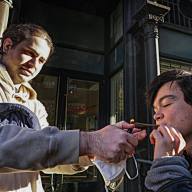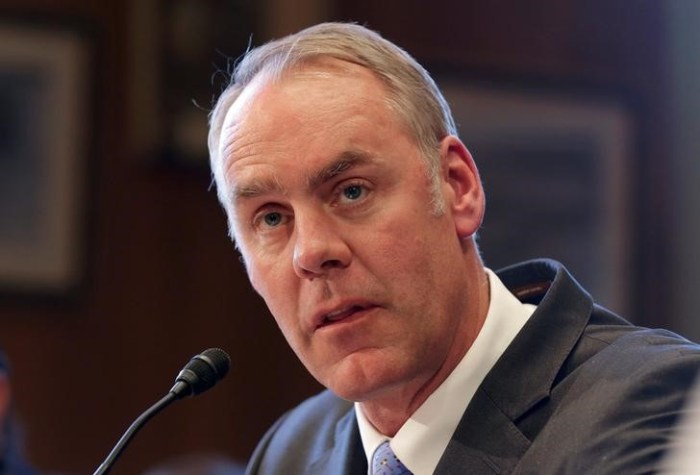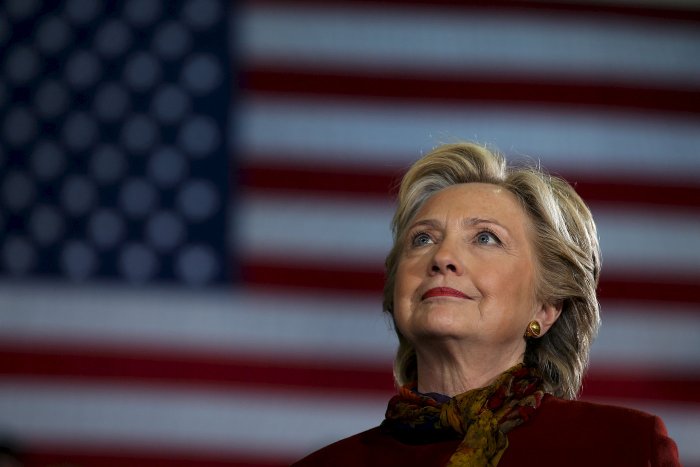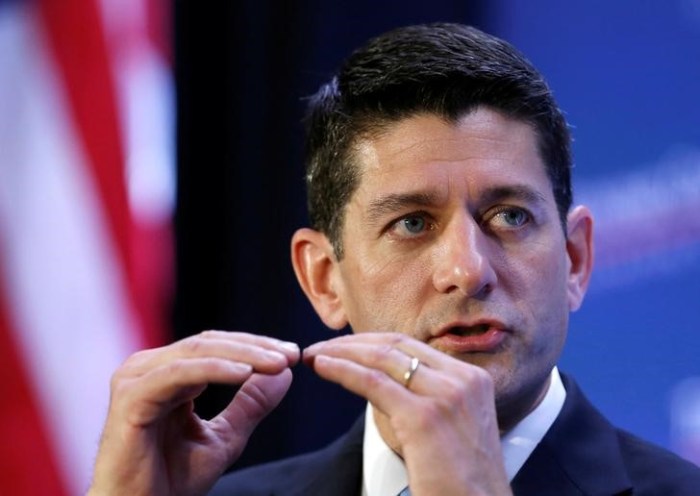By Andy Sullivan
WASHINGTON (Reuters) – Democrats in Congress ended a 25-hour sit-in on the floor of the House of Representatives where they have been countless times before: short of the votes needed to tighten U.S. gun laws. But many see their latest defeat as a prelude to victory in the Nov. 8 elections.
Spurred by the deadliest mass shooting in modern U.S. history, Democrats are showing a new willingness to make gun laws a top issue in Washington and on the campaign trail, defying powerful lobbying groups like the National Rifle Association that have helped make the United States the most gun-friendly country in the developed world. The effort is not likely to change federal firearms laws this year, as Republicans who control Congress have shown little interest in proposals that they say weaken Americans’ constitutional right to bear arms. But Democrats and their allies say that defeat now on Capitol Hill could help them win control of the White House and both chambers of Congress in the Nov. 8 elections. That is a shift from previous elections when Democrats have downplayed the issue on the campaign trail. “The tide has turned, and Republicans ignore this issue at their own peril,” said Robert Weiner, a former Democratic congressional aide.
Hillary Clinton, the Democrats’ presumptive presidential nominee, talks frequently in her campaign about banning military-style assault rifles and expanding background checks — a marked contrast to President Barack Obama, who avoided talk of guns during his 2008 and 2012 elections. In Congress, Democrats have resorted to confrontational tactics to force gun votes since June 12, when a gunman killed 49 people at a Florida nightclub. Senator Chris Murphy’s 15-hour speech in the Senate last week forced five votes this week on measures that would make it harder for terrorism suspects to buy guns, though none have advanced. In the House, Democrats occupied the chamber for 25 hours in an unsuccessful attempt to force votes on terrorism suspects and expanding background checks for gun buyers.
Republican pollster Kellyanne Conway said Democrats’ willingness to talk about guns reflects the party becoming more liberal, not a change in public sentiment.
Most voters view the shooting in Orlando as an act of terrorism inspired by Islamic State, she said.
“The shooter called 911 to pledge allegiance to ISIS, he did not call 911 and pledge allegiance to Smith & Wesson,” she said, referring to an acronym for Islamic State and the firearms manufacturer. A STICKING POINT
Still, Democrats’ willingness to take a stand on gun control has shifted the debate, said Democratic strategist Hank Sheinkopf.
“There’s a potentially a good electoral outcome for Democrats out of this. They will probably pick up seats,” he said.
After landslide defeats in 2010 and 2014, most Democrats who remain in office tend to represent safely liberal congressional districts where gun control is popular. But those up for election in competitive states have spoken up as well. U.S. Representative Patrick Murphy, who hopes to unseat Republican U.S. Senator Marco Rubio in gun-friendly Florida, said during the House sit-in that gun rights groups like the NRA are “largely responsible” for the country’s 32,000 annual gun deaths. “This passion you’re seeing is what’s needed to get people to wake up,” he said on the House floor.
The NRA did not respond to a request for comment.
Democrats have public opinion on their side: a Reuters/Ipsos opinion poll conducted this week found that 48 percent of those surveyed support strong gun regulations, while 23 percent support minimal rules. Support runs higher for specific proposals, like imposing background checks on all gun buyers. (http://bit.ly/28U7CA7) But intensity has been a sticking point for gun control advocates. The NRA has been able to mobilize supporters who are willing to vote for or against a candidate solely because of their position on guns, while gun-control supporters typically consider other issues as well, such as abortion and the environment. “Anytime the Democrats start a gun movement, it costs them votes,” said Dave “Mudcat” Saunders, who has worked for centrist Democratic candidates. “I can’t imagine it’s changing.” Shootings in Newtown, Connecticut; San Bernardino, California; Charleston, South Carolina; and, most recently, Orlando have changed that dynamic, others say.
“Mass shootings are highly visible, and force people to pay attention and realize that we have a problem that isn’t going to be solved by more guns,” said Tharon Johnson, a Democratic strategist in Atlanta who worked on Obama’s 2012 campaign. The gun-control lobbying group Everytown for Gun Safety says its members generated 245,000 telephone calls to Congress, and brought hundreds of its members to Congress to press for action during the debate. “I’ve been in the fight for a number of years and I’ve never seen anything like this,” said Colin Goddard, an advocate with the group who was wounded during the 2007 Virginia Tech mass shooting. (Additional reporting by Ginger Gibson and Jonathan Allen; Editing by Jonathan Oatis)















